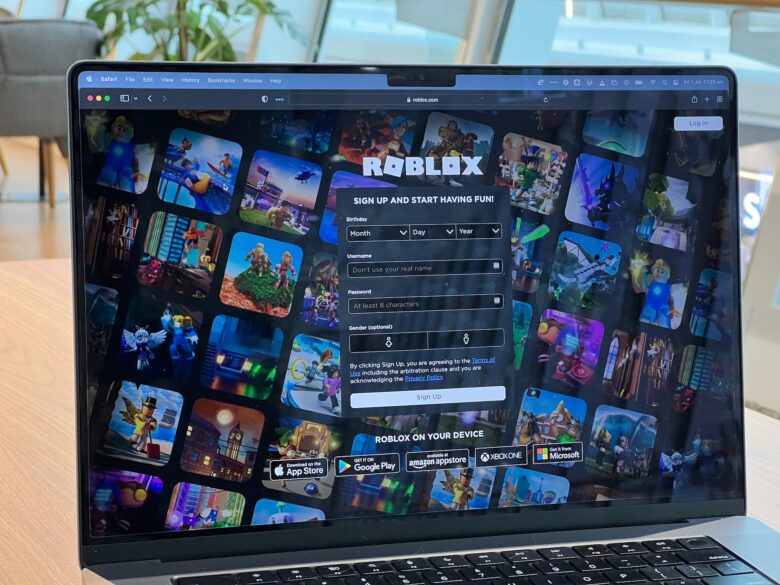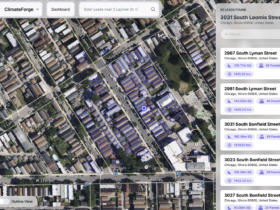The entertainment platform Roblox, while explicitly banning in-game gambling, indirectly promotes less respectable forms of virtual commerce. Many Roblox experiences tempt youthful users with tantalizing lootboxes – virtual items randomized and bought with actual money through in-game currency. Although they are currently legal in the U.S., these lootboxes have faced prohibition in countries such as the Netherlands, and strict EU-wide restrictions may be imminent. Such regulatory actions could have significant repercussions for game developers who enhance revenue with this exploitatively profitable practice.
In a recent class action lawsuit filed in the Northern District of California, two parents have accused Roblox of unlawfully promoting child gambling. Rachel Colvin and Danielle Sass, the plaintiffs, allege that their children were coursed into betting on third-party sites linked to Roblox’s in-game currency, Robux. The mothers claim that thousands of Robux were wagered on these platforms without their consent, resulting in a substantial loss. Equating to real-world value, 800 Robux are currently being sold for $9.99 on Roblox’s website.
Accusing Roblox of misinformation, the plaintiffs argue that the platform’s alleged tolerance for third-party betting sites contradicts its terms of service. The company implies that its platform and digital currency are risk-free, which the lawsuit describes as either fundamentally false or, at the very least, misleading. Roblox is charged with exerting control over the circulation of Robux and consequently being thoroughly aware of illicit third-party gambling sites targeting children.
Roblox, when questioned, declined to provide detailed responses, but underlined that the gambling sites named in the lawsuit have no affiliation with their platform. The company also stated it has dedicated teams investigating such websites and, in certain situations, may take action to get them removed. However, their phrasing remains ambiguous on whether it sees third-party sites as violating its terms of service by using Robux for off-platform underage gambling.
The lawsuit emphasis is on third-party gambling sites inviting Roblox’s audience – largely children and teens – to gamble on games such as blackjack, roulette, and slots using Robux. Roblox has been promoting special limited edition virtual goods, subsequently enabling developers to make extra revenue. This economic engagement, resembling that of NFTs, raises suspicions considering the platform’s primary demographic being minors.
Roblox has been accused of not only enduring the continuance of these third-party sites but also of getting a substantial cut from the transaction fees. Certain sites, such as RBXFlip, Bloxflip, and RBLXWild, who engage in “an illegal gambling operation preying on children nationwide,” are specifically mentioned in the lawsuit as violators. Roblox, too, stands accused of profiting indirectly from this arrangement, with a 30% fee on transactions, including those illegal ones. Allegedly, the company’s profits from this collaboration run into the millions.
Roblox is a vast selection of virtual experiences. These experiences may occasionally depict gambling scenarios, such as casinos or non-player card dealers, but any form of actual money or value exchange is strictly forbidden by the platform.
The unfolding legal situation surrounding Roblox’s alleged involvement in unauthorized child gambling raises tough questions about responsibility, digital currencies’ regulation, and the extent to which gaming platforms can be held accountable for third-party actions. The ongoing lawsuit will undoubtedly resonate across the gaming industry, leaving an enduring imprint on how such issues are handled henceforth.












